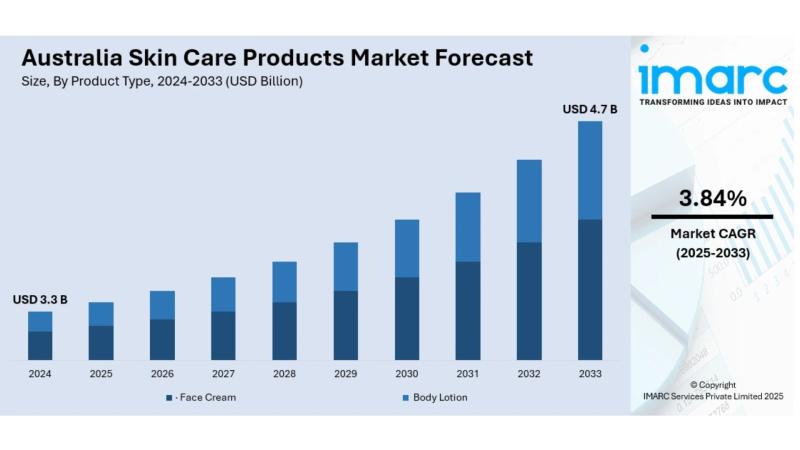Insightful Updates
Stay informed with the latest news and trends.
Skin Marketplace Boom: Where Virtual Meets Reality
Discover the explosive growth of skin marketplaces where virtual assets collide with reality. Join the trend and unlock new opportunities now!
Understanding the Skin Marketplace: How Virtual Goods Are Redefining Digital Ownership
The skin marketplace has emerged as a pivotal component in the world of digital ownership, transforming how users interact with virtual goods. In recent years, the proliferation of online gaming and social platforms has given rise to a vibrant economy where players can buy, sell, and trade cosmetic items known as skins. These virtual goods not only enhance the gaming experience by providing personalization options but also serve as a new form of investment for many users. The ability to own rare and unique skins adds a layer of prestige to the gaming experience, effectively redefining the concept of ownership in the digital realm.
As the skin marketplace continues to evolve, it raises essential questions about the future of digital ownership. Unlike traditional physical assets, virtual goods exist within a framework governed by the game developers, leading to debates over rights and regulations. With the integration of blockchain technology, digital assets may gain authenticity and permanence, granting users greater control over their virtual belongings. This shift could empower gamers to view their skins not just as cosmetic upgrades, but as legitimate investments in a rapidly expanding digital economy.

Counter-Strike is a popular multiplayer first-person shooter game that has captivated gamers around the world. Players can choose to be part of either the terrorist or counter-terrorist team and engage in various objective-based missions. To enhance your gaming experience, you might want to check out a daddyskins promo code for some exciting in-game items and skins.
The Technology Behind Skin Marketplaces: How Blockchain is Revolutionizing Virtual Economies
The emergence of skin marketplaces has transformed the landscape of virtual economies, largely due to the innovative capabilities of blockchain technology. By ensuring the authenticity and uniqueness of digital assets, blockchain provides a transparent and secure framework for trading virtual items, such as game skins. Unlike traditional marketplaces where ownership can be ambiguous, blockchain facilitates a decentralized, verifiable ledger that records every transaction, giving users full confidence in their purchases. This shift not only enhances trust but also allows for the creation of intricate ecosystems where players can monetize their in-game achievements.
Furthermore, blockchain's influence extends beyond mere ownership verification; it has introduced the concept of smart contracts, which automate and enforce transaction terms without the need for intermediaries. This is particularly important in skin marketplaces where players engage in high-stakes trades. With smart contracts, the rules of exchange are coded directly into the blockchain, facilitating seamless transactions and reducing the likelihood of fraud. As a result, the integration of blockchain is paving the way for more dynamic, equitable, and thriving virtual economies centered around skin trading.
Are Skins the Future of Digital Fashion? Exploring Trends and Consumer Behavior
The rise of digital platforms and the increasing integration of technology in our daily lives have sparked a revolution in various industries, and fashion is no exception. Skins, or virtual garments designed for avatars in online environments, are becoming a popular medium for self-expression and creativity. As more consumers engage with digital environments—be it through video games, augmented reality, or social media—brands are taking note, adapting their marketing strategies to appeal to a tech-savvy audience. This trend not only highlights the creative potential of digital fashion but also underscores a shift in consumer behavior towards sustainable options, as digital skins can reduce the carbon footprint associated with traditional fashion.
Recent studies show that millennials and Generation Z consumers are particularly drawn to digital fashion. They prioritize experiences over physical ownership, favoring the ability to showcase unique virtual outfits over purchasing traditional clothing. This shift is creating a lucrative market for brands willing to innovate. Moreover, with the rise of the metaverse, where users interact in immersive digital spaces, skins are poised to play a crucial role in defining individuality and social status in these virtual realms. As the lines between physical and digital worlds continue to blur, the demand for bespoke, collectible digital fashion assets is expected to grow, shaping the future of style in unprecedented ways.